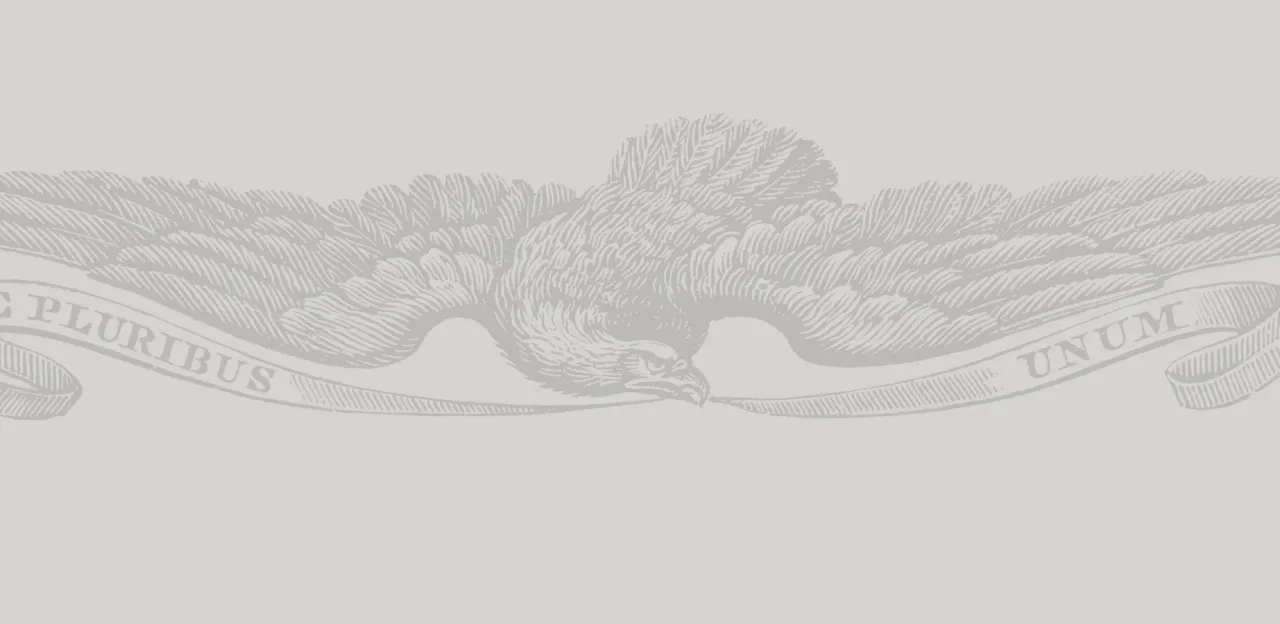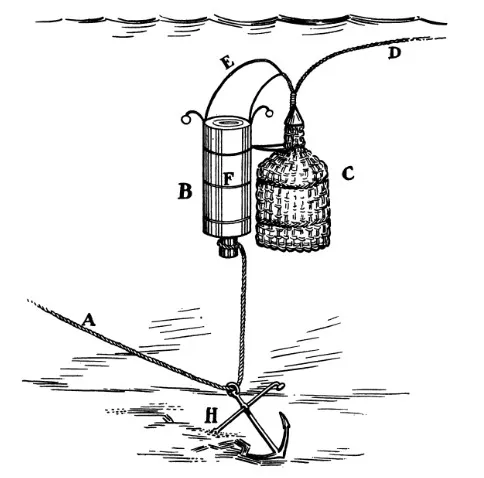Vicksburg: "The Total Loss of the Gunboat Cairo"

As the Union gunboats and troops maneuvered around Vicksburg, Mississippi, expeditions ventured along the Yazoo River to explore other approaches to the city. The Yazoo River meets the Mississippi River at Vicksburg and extends northward through the river delta. The USS Cairo—a city-class ironclad vessel—had previously fought at Fort Pillow and in December 1862 took part in the Yazoo Pass Expedition. On December 12, the Cairo was sunk by a mine, which was called a "torpedo" at the time. The Cairo was later raised and preserved and is now part of Vicksburg National Military Park.
The following report was written by the USS Cairo's captain and details the sinking.
Report of Lieutenant-Commander Selfridge, U. S. Navy, late commanding U.S.S. Cairo.
U.S. GUNBOAT SIGNAL.
Off Yazoo River, December 13, 1862.
SIR:
It becomes my painful duty to announce to you the total loss of the gunboat Cairo while under my command, from the explosion of two torpedoes under or near her, placed in the Yazoo River some 16 miles from its mouth.
I left our anchorage at about 8 o clock a.m., December 12, in company with the gunboats Pittsburg, Marmora, Signal, and ram Queen of the West, under orders from Captain Walke to proceed carefully up the Yazoo to where torpedoes had been discovered the day before and to effect the destruction of as many as possible. It was understood that the light gunboats were to go ahead, followed by myself and the Pittsburg, to protect them by shelling the woods on the river bank.
Arriving near the spot indicated, when the leading gunboat, the Marmora, was partially hidden by a bend in the river, a heavy fire of musketry opened; the steamer commenced backing at the same time, leading me to suppose she was attacked from the shore. I hastened up to her support, when I found the firing was from the Marmora at an object, a block of wood floating in the water.
I ordered her to cease firing and to lower a boat to examine. They either did not hear my order or were loath to obey it, and showing no signs of executing it, I lowered one of my own boats. They fished it up and found it to be a portion of a torpedo which had exploded the day before.

In the meanwhile, the head of the Cairo having got in toward the shore, I backed out to straighten upstream, and ordered the Marmora to go ahead slow. I had made but half a dozen revolutions of the wheel and gone ahead perhaps half a length, the Marmora a little ahead, leading, when two sudden explosions in quick succession occurred, one close to my port quarter, the other apparently under my port bow the latter so severe as to raise the guns under it some distance from the deck.
She commenced to fill so rapidly that in two or three minutes the water was over her forecastle. I shoved her immediately for the bank, but a few yards distant, got out a hawser to a tree, hoping to keep her from sliding off into deep water. The pumps, steam and hand, were immediately manned and everything done that could be.
Her whole frame was so completely shattered that I found immediately that nothing more could be effected than to move the sick and the arms. I ordered the Queen of the West alongside and passed what articles I could get at into her, with a portion of the crew, the remainder taking to our boats. The Cairo sunk in about twelve minutes after the explosion, going totally out of sight, except the top of her chimneys, in 6 fathoms of water. I am happy to say that, though some half a dozen men were injured, no lives were lost.
I can not speak too highly of the officers and men’s behavior; there was perfect discipline and order to the last. The crew remained at the quarters until ordered away, and did what little that could be done under the circumstances.
The most of the bags and hammocks were saved, as was everything that floated from the wreck. In the meanwhile I directed Captain Hoel, of the Pittsburg, to send boats up the shore under cover of his guns to destroy and discover the mode of firing these torpedoes. Several of them were destroyed, but I leave the particulars to his report.
Having accomplished all that was in our power and destroyed what vestige of the unfortunate Cairo that remained above water, it was with deep regret and melancholy that I felt obliged to return, down the river.
I have nothing to add in justification of myself that does not appear in this report.
Though I found we were in the vicinity of torpedoes, there were no signs to show at the time that any were in my immediate neighborhood, the Marmora having passed ahead of me.
Very respectfully, your obedient servant,
Thos. O. SELFRIDGE,
Lieutenant- Commander.
Captain HENRY WALKE, U. S. Navy, Commanding Naval Forces off Yazoo River.
Source:
"Lieutenant Commander Selfridge's Official Report," Official records of the Union and Confederate Navies in the War of the Rebellion, Series 1, Volume 23, Pages 548-550. (Accessed through HathiTrust.)
Related Battles
4,910
32,363



